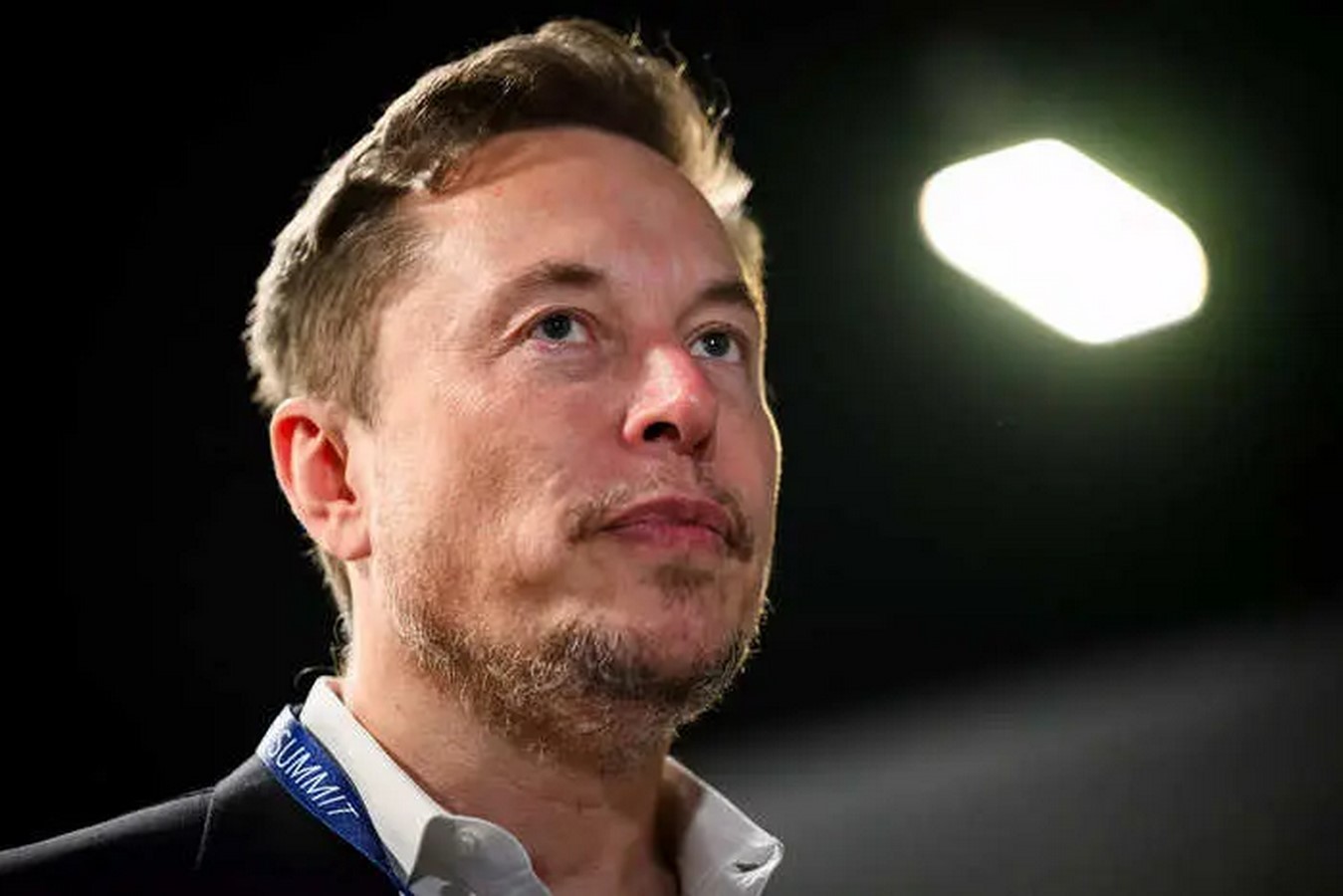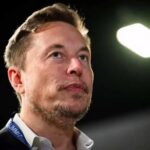Elon Musk’s apprehension about Chinese electric vehicle (EV) manufacturers posing a significant challenge to Tesla’s dominance in the EV market seems justified as Tesla faces its first quarterly drop in deliveries in nearly four years. However, the emergence of Xiaomi, a prominent Chinese tech company, into the EV market with its affordable electric sedan, raises questions about the depth of competition in China’s EV landscape and the potential role of Tesla’s influence in shaping it.

Xiaomi’s Electric Vehicle Debut
Xiaomi, renowned for its smartphone manufacturing, unveiled its inaugural electric vehicles, the Speed Ultra 7 (SU7) sedan, in a grand event in Beijing. Priced at $30,000 for the base model, Xiaomi’s entry into the EV market garnered substantial attention, with nearly 90,000 orders within the first 24 hours. The affordability of Xiaomi’s EV, compared to Tesla’s offerings, underscores the company’s ambitious foray into the competitive EV sector.
Leveraging Advanced Manufacturing Techniques
Xiaomi’s swift entry into EV production, just three years after announcing its EV plans, is attributed in part to its adoption of advanced manufacturing techniques. Notably, Xiaomi touted its “hyper die-casting” process, a technology purportedly developed in-house, facilitating efficient production of EV components. Observers speculate that Xiaomi’s manufacturing prowess may have been bolstered by technology reminiscent of Tesla’s die-casting process, particularly its utilization of “giga press” machines.
Tesla’s Indirect Influence
Analysts point to Tesla’s collaboration with Chinese firm LK Group to develop cutting-edge casting machines as a potential catalyst for Xiaomi’s manufacturing capabilities. Tesla’s partnership with LK Group in pioneering large-scale casting machines likely paved the way for advancements in EV manufacturing techniques in China. While Tesla initially benefitted from its collaboration with LK Group, the subsequent dissemination of die-casting expertise to other Chinese companies, including Xiaomi, underscores the evolving dynamics of technological diffusion in the global EV industry.
Implications for Tesla
Xiaomi’s utilization of manufacturing techniques akin to those pioneered by Tesla raises questions about the competitive landscape and technological exchange in the Chinese EV market. As Tesla faces intensified competition from domestic players leveraging similar manufacturing technologies, it confronts the reality of navigating a market where its once-distinctive advantages are replicated by emerging contenders. The evolution of China’s EV industry highlights the challenges and opportunities for established players like Tesla in a rapidly evolving global market.
In conclusion, Xiaomi’s foray into the EV market with its affordable electric sedan and adoption of advanced manufacturing techniques reminiscent of Tesla’s underscores the dynamic nature of competition and technological innovation in China’s burgeoning EV sector. As Tesla contends with the repercussions of heightened competition, the landscape of the global EV industry continues to evolve, shaped by diverse players and technological advancements.



